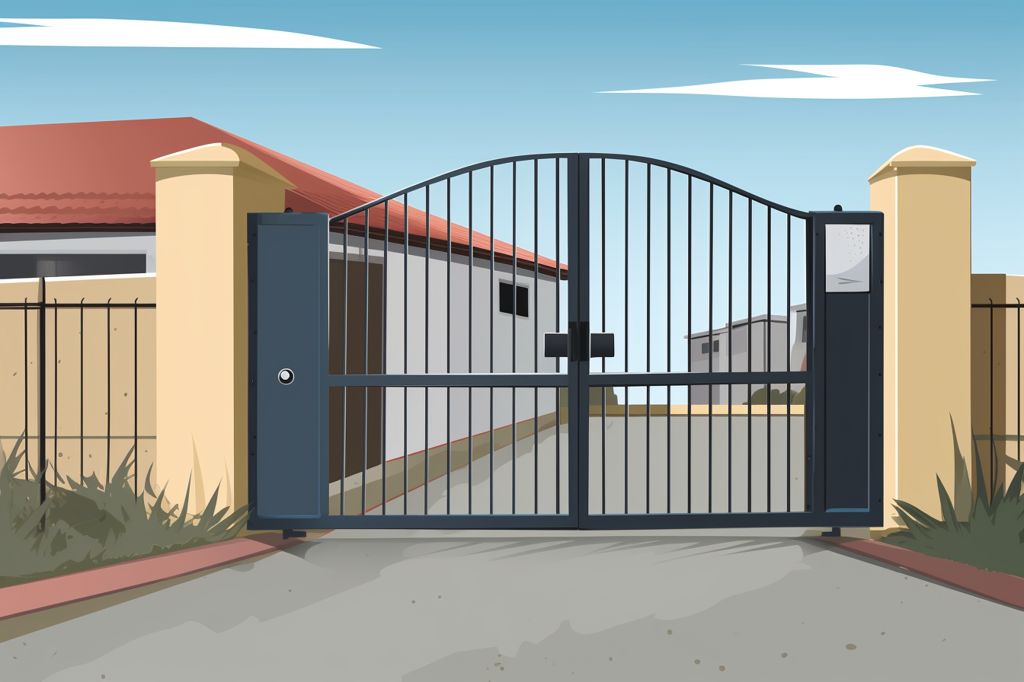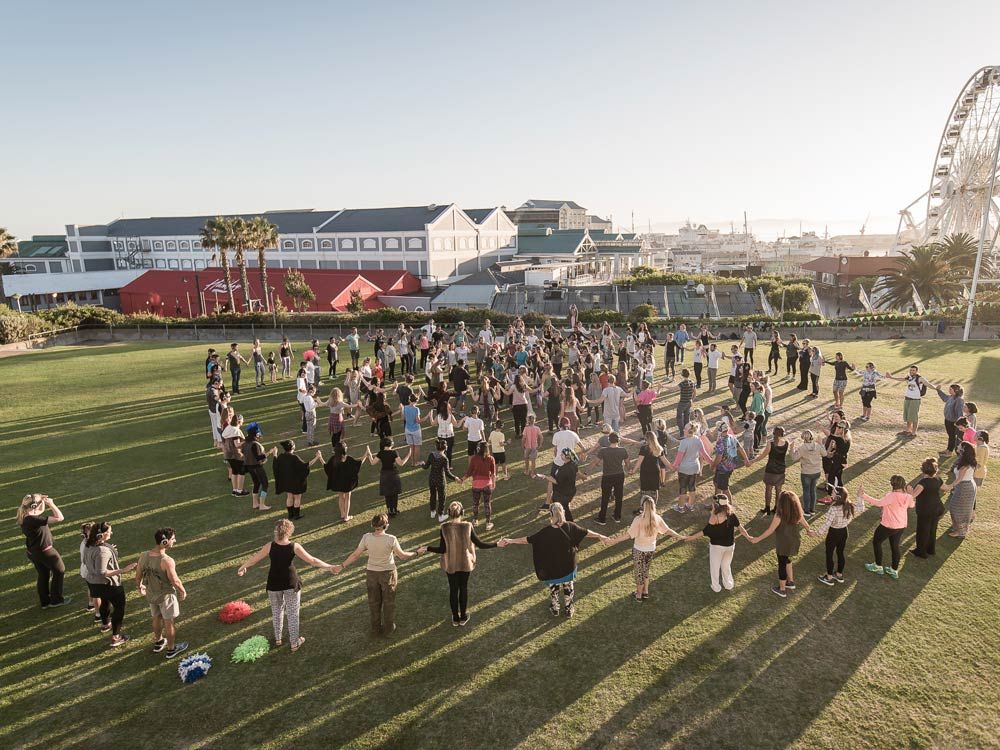As I read the latest research on schools’ safety conditions in Cape Town, I cannot help but reflect on my experience as a student. Growing up in a small town in the United States, I remember feeling safe and secure in my school environment. Our teachers were firm but kind and the halls were bright and welcoming.
However, as I read the report, I realized that my experience is not universal. Drug abuse, physical assault, and stabbings are not just isolated incidents in some schools but daily realities for many learners. The report’s findings are concerning, and the lack of adequate safety infrastructure and support for safety strategies is alarming.
Current Safety Conditions and Challenges
The report’s findings show that drug abuse is the most significant safety concern in schools, followed by incidents of stabbings and physical assault. Furthermore, the lack of adequate perimeter security infrastructure threatens learners’ safety, and school officials lack the necessary training and support to develop and implement safety strategies effectively. The report also highlights insufficient access to psychosocial support as a challenge for learners’ well-being.
The most common incidents reported by schools include physical assault resulting in severe injuries to learners, stabbings, sexual harassment, physical assault by a learner on a teacher, and physical assault resulting in significant injury to a teacher. Other safety concerns include theft of personal property, alcohol use, gang violence, burglary, and considerable vandalism.
Addressing Safety Concerns
The report’s findings are a call to action for both the government and the community to address school safety concerns. The Department of Education’s plan to spend R76.1 million this year on securing schools is a positive step towards improving learners’ safety and well-being in schools. The construction of secure fencing at 30 schools every year for the next five years and the deployment of School Resource Officers to tackle safety and crime matters are promising initiatives.
However, as community activist Dawn Marcus notes, gangsterism is a significant concern in some areas, and more support is needed to tackle safety and crime issues in schools effectively. The ongoing investment in access control, holiday security, emergency security, youth development, and crime prevention activities in schools is necessary to create safe havens for learners to thrive and reach their full potential.
A Nostalgic Reflection on Safe Schools
As I reflect on my own school experience, I cannot help but feel nostalgic for the safe and secure environment I had. It reminds me of creating safe learning spaces for learners to grow and thrive. It also reminds me of the value of investing in our youth and providing them with the necessary support and resources to succeed.
In conclusion, the report’s findings are a wake-up call for all of us to take action and address school safety concerns. With ongoing support and investment, our schools can become safe havens where learners can reach their full potential. So let us work together to create a better future for our youth.








